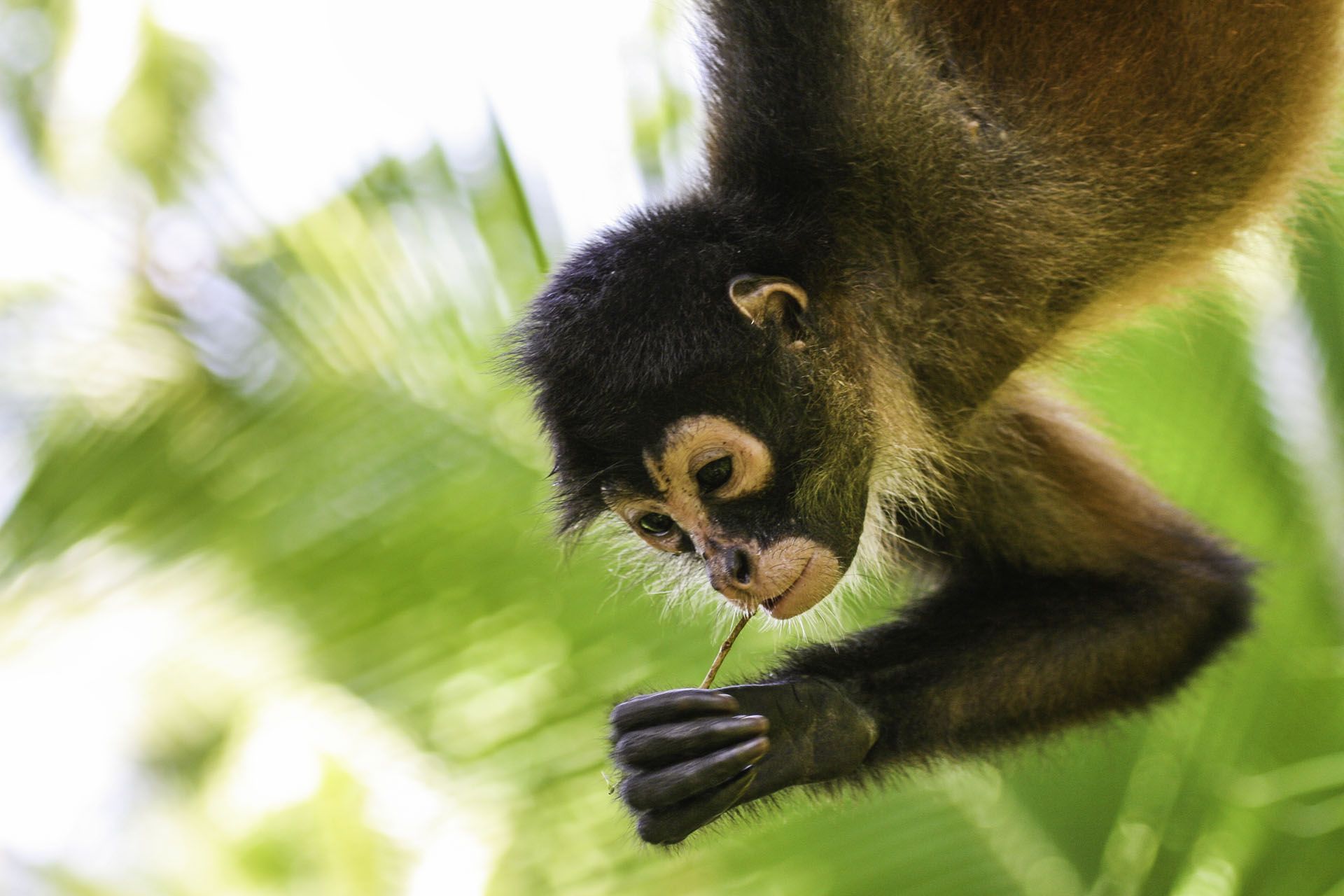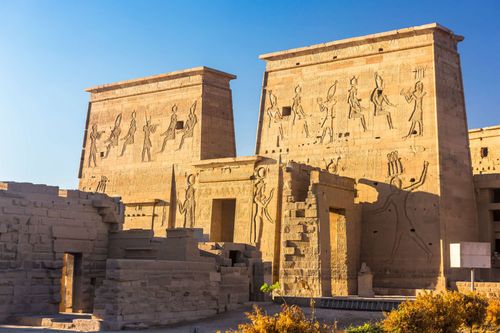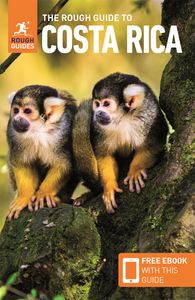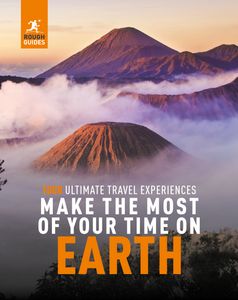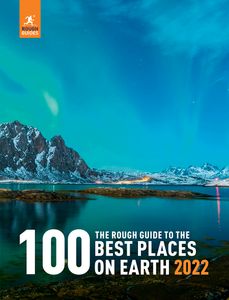How to get around
With most accommodation pretty remote, aand public transport all but nonexistent, you might want to pre-arrange pick-ups and trips through your hotel, resort, or hostel.
Taxis are available from the local airport, and most accommodation options offer free, or low-cost, shuttle buses into La Fortuna itself.
Interested in a dual-destination break? You could book a private transfer to Puerto Viejo. Alternatively, our customisable Beaches and Volcanoes trip combines adventuring around Arenal with a Pacific beach break.
How many days do you need in La Fortuna?
To visit a few of the hot springs, hike Arenal, see the waterfalls, and take a wildlife-watching trip, you’ll need at least 3-4 days in La Fortuna.
If you’re into active breaks, consider spending longer in the area. It’s true to say that you could spend several weeks in La Fortuna rafting, horse-riding, mountain biking and ziplining and still not sample everything.
In addition to the zip-lining activitiies covered above, the following suggestions are a small selection of what else is available.
Whitewater rafting, canoeing and canyoning
- Canoa Aventura: canoe and kayak specialists, with half-day trips on Laguna de Arenal, a full-day paddle in Caño Negro and a family-friendly “safari float” down the Río Peñas Blancas.
- Desafío: this well-run rafting specialist also offers canyoning trips and paddle boarding on Lake Arenal.
Horse-riding
- Desafío run horseriding tours to the Catarata de La Fortuna, and their transfer to Monteverde includes a lakeside ride.
- Arenal Springs Resort offer a 2hr 30min tour in the fields and forests around Volcán Arenal, with some creek-crossing, plus an atmospheric full-moon ride.
What is the best time to visit La Fortuna?
If you’re looking to enjoy outdoor adventures, then the dry season is the obvious best time to visit La Fortuna. This runs from December to April.
It’s also worth bearing in mind that La Fortuna has pretty unpredictable weather patterns in the dry season. Damp, muggy mornings might give way to bright afternoons, and vice versa.
In general, though, you’ll experience less rain from January through to April.
For more on the best time to visit different destinations in Costa Rica, read our guide to when to go to Costa Rica.
How to get here
There are several options to get here. Renting a car is your best option, but there are more.
By plane
La Fortuna Airport lies 7km to the east of town (taxi’s available). Sansa and Skyway have flights to and from the capital, as well as Quepos (for Manuel Antonio).
By bus
Three direct buses depart daily from San José for La Fortuna (4hr), leaving the Atlántico Norte bus terminal at 6.15am, 8.40am and 11.30am.
Alternatively, take a bus from San José to San Carlos (roughly hourly; 2hr 30min), where there are frequent connections to La Fortuna.
By Taxi–Boat–Taxi combination
Many people opt for the “Taxi–Boat–Taxi” transfer to Monteverde. Daily departures run around 8–8.30am & 2–2.30pm, and take 3 hours. It saves time, and the boat trip across the lake is spectacular. You can book in advance.
For more transportation tips, read our guide to getting around Costa Rica.
Looking for more inspiration? Read up on the best things to do in Costa Rica, and get yourself a copy of The Rough Guide to Costa Rica.
Our customisable Costa Rica itineraries are also packed with ideas.
We may earn commission when you click on links in this article, but this doesn’t influence our editorial standards. We only recommend services we genuinely believe will enhance your travel experiences.
Top image: Volcano Arenal, Costa Rica © Simon Dannhauer/Shutterstock

_listing_1591460531695.jpeg)















